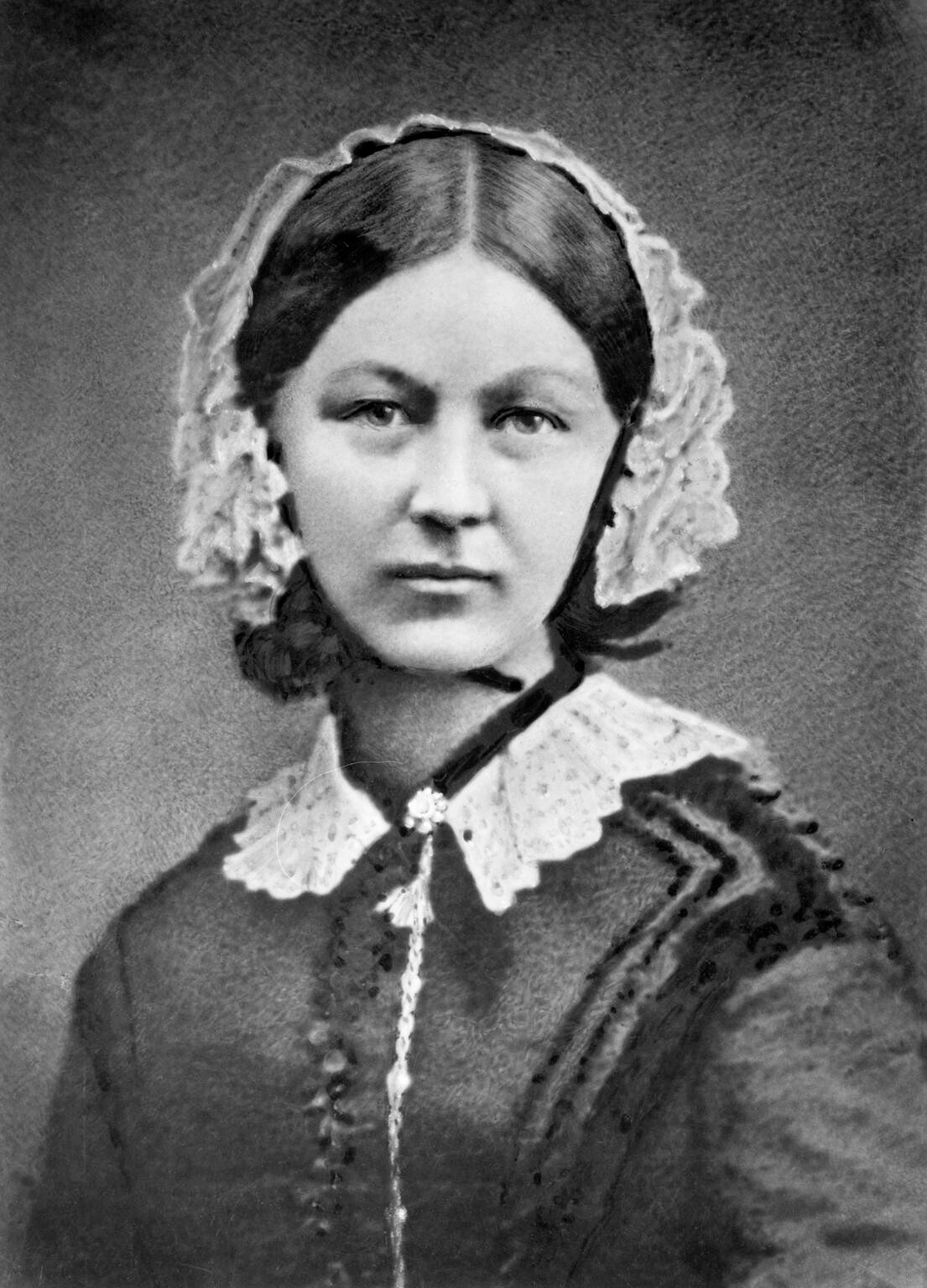The world of medicine was illuminated by the birth of Florence Nightingale on May 12, 1820. Nightingale is recognized for her significant contributions to the field of nursing, including the professionalization of the profession and a strong emphasis on caring for those in suffering. She gained prominence while serving as a nurse during the Crimean War, where she took on the roles of manager and trainer for fellow nurses. She earned the title “The Lady with the Lamp” for her dedication to attending to soldiers at night, prioritizing their care and pain management.
Florence Nightingale was born into a wealthy and intellectually prominent family in Florence, Italy. Her parents emphasized the importance of education for their children, and Florence, in particular, benefited from her father’s interest in her learning. Even as a child, it was evident that Florence had a talent for collecting and analyzing data. Raised in a religious household, she felt a divine calling from God to dedicate her life to alleviating the suffering of others. Her journey into the fields of medicine and nursing was a natural one.
Florence Nightingale made her most significant and well-known nursing contributions during her Crimean War service. She worked tirelessly to improve hygiene, sanitation, and nutrition for the soldiers in her care. As a result of her efforts, the death rate at a hospital in Turkey dramatically decreased. Her work highlighted the widespread need for clean, organized hospitals and trained staff. Nightingale is often credited with giving nursing its credibility as a profession. After the war, she continued her efforts by founding the Nightingale Training School for Nurses. Additionally, she is considered a pioneer in using statistics and data to analyze data about public health and mortality. Her work led to many public health reforms.
In her later years, Nightingale battled a mysterious illness known as “Crimean Fever,” which left her mostly bedridden and struggling with depression. Despite her health challenges, she continued to contribute to social reform efforts. She passed away in 1910 at the age of 90, but her work and legacy in nursing continue to be celebrated today.

